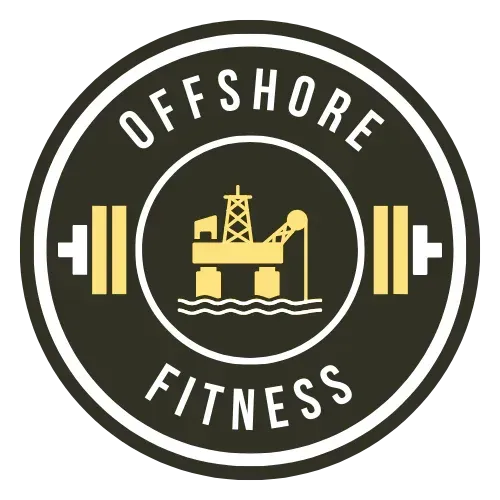Oops!
404 - Page Not Found
The page you are looking for might have been removed, had it's name changed, or is temporarily unavailable.
HOURS OF OPERATION
Drop us a message 7 days per week
via email, WhatsApp or within the app.
GET IN TOUCH
(+44) 7818 095 015 (WhatsApp)
Worldwide


Facebook
Instagram
X
LinkedIn
Youtube
TikTok